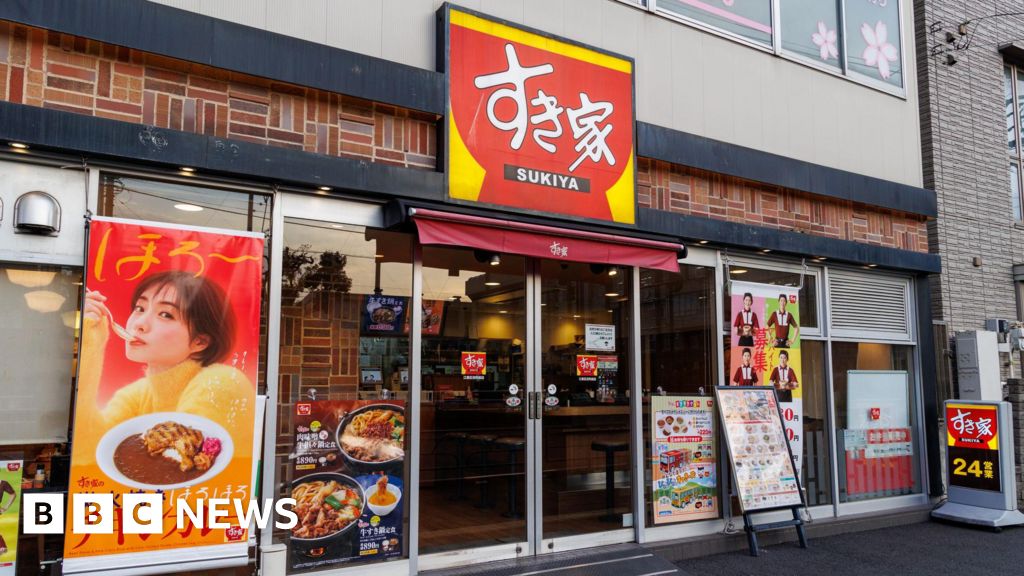
Hygiene Horror: A Major Japanese Restaurant Chain Faces a Pest Problem
The discovery of pests in food is every restaurant’s worst nightmare, a scenario that can instantly shatter a brand’s reputation and erode customer trust. Recently, a major player in Japan’s food industry found itself facing precisely this crisis. One of the nation’s largest restaurant chains, renowned for its popular beef-on-rice dishes, was forced to temporarily shut down all of its locations following alarming reports from concerned diners.
The initial incident involved a customer finding an insect in their meal. While a single incident might be attributed to an isolated mishap, a second, far more serious discovery soon followed. Another customer reported finding a rat in their food, an event that sent shockwaves through the company and the wider public. These revelations sparked immediate concern among consumers and prompted a swift, albeit drastic, response from the restaurant chain.
The decision to temporarily close all locations was not taken lightly. This sweeping closure demonstrates the gravity of the situation and the company’s apparent commitment to addressing the issue head-on, rather than attempting to contain the damage through a more limited response. The temporary closures will allow for thorough deep cleaning and a comprehensive review of the chain’s hygiene and food safety protocols.
The implications of this event extend far beyond the immediate inconvenience to customers. The restaurant chain’s reputation, carefully cultivated over many years, is now under intense scrutiny. The economic impact is also significant, with lost revenue from temporarily closed locations adding up quickly. Moreover, the company faces potential legal repercussions and investigations by food safety authorities, who will undoubtedly be scrutinizing their operations in the coming weeks.
The situation highlights the critical importance of stringent hygiene and food safety practices in the food service industry. Regular inspections, staff training, and the implementation of robust quality control systems are not just best practices; they are essential safeguards to prevent such occurrences. This event serves as a stark reminder that even established businesses with seemingly impeccable reputations are not immune to these kinds of crises.
This incident also raises questions about the effectiveness of existing food safety regulations and oversight. While Japan has a generally high standard of food safety, the very public nature of this case raises concerns about potential loopholes or areas needing improvement in the system. The incident may prompt regulators to review current practices and potentially increase the frequency of inspections, especially for large chain restaurants.
Beyond the immediate repercussions for the affected restaurant chain, this event underscores a broader issue: consumer trust. In today’s interconnected world, news travels fast, and negative experiences can be amplified through social media, resulting in significant reputational damage. This situation serves as a cautionary tale for businesses across all industries, emphasizing the importance of prioritizing safety, maintaining transparency, and responding quickly and decisively to negative events. The ultimate success of this restaurant chain’s response will depend not only on the effectiveness of its remedial actions but also on its ability to regain the trust and confidence of its customers. The road to recovery will undoubtedly be long and challenging.



Leave a Reply